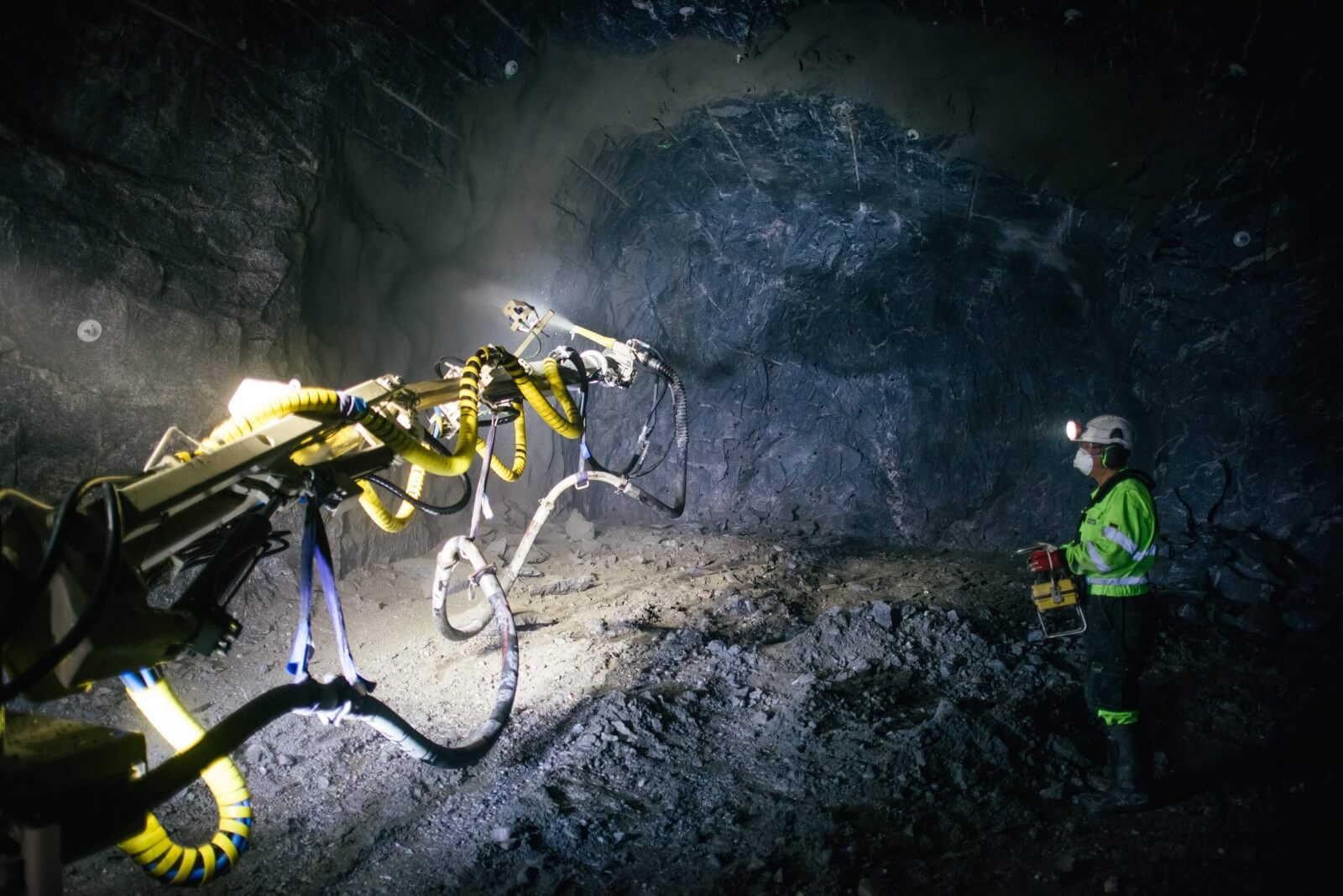
Going green is a hot topic across any industry, but the pace in which they’re striving towards sustainability differs greatly. Sometimes it comes down to practicality, sometimes it’s cost, often it’s reluctance to make changes, but given the right incentives construction industries can make all the difference to global greenhouse gas emissions.
Across the globe, the mining industry is increasingly adopting sprayed concrete over poured concrete and electric vehicles over diesel, but progress is a lot slower in the tunnelling industry.
“As an industry we’re very reliant on using Portland cement, and a lot of it, which is a very carbon rich material,” explains Ross Dimmock, vice president of tunnelling projects for Normet Group. “The challenge is to really start reducing the carbon in sprayed concrete, either by reducing the proportion in the binder or reducing the volume totally. Sprayed concrete uses cement more economically, and in the mining industry this means using linings that aren’t as thick and using new technologies to make our rock support more efficient.
“At Normet, we’re very keen to introduce electric driven machinery and we’re starting to see particular interest from the mining industry. In places like Norway, the tunnelling industry has also been very incentivised to adopt electric vehicles, including spraying robots, like they’ve done with the domestic car market. Norway is really leading the way in this regard, and I think the secret is that the Norwegian Government is giving good incentives, and companies are attracted to these financial rewards.”
According to Dimmock, so far it has only been Norway and Australia’s tunnelling industries that have embraced electric vehicles and sprayed concrete, unlike in the mining industry where this technology has greatly taken off. Solutions such as Normet’s SmartScan has proved especially crucial in rock mining, where there’s often an excessive use of shotcrete used during rock reinforcement processes.
While both tunnelling and mining industries deal with overlapping challenges and processes when constructing underground, the numerous differences require a different approach to change mindsets and encourage new technologies and processes. When it comes to sprayed concrete in the mining industry, operators are concerned with efficient rock support: will this method keep workers safe? Will it protect machinery from water ingress? For tunnelling, there are questions about how effective this method will be long term, how much maintenance it will require, and maintaining the right shape of the tunnel.
Norway’s leadership when it comes to adopting electric vehicles is reflected in its domestic vehicle market. Electric cars make up 70% of the market share in Norway, whereas in the UK it stood at only 12% by the end of 2020. This is not to say that there is no push towards sustainable vehicles, in fact, the UK Government has pledged to ban fossil-fuel vehicles by 2030, but Norway has proven that more can be done.
Unlike in Norway, the UK doesn’t offer financial incentives for tunnelling companies to use electric vehicles. As this machinery is expensive, companies are reluctant to increase upfront expenditure despite the long-term cost efficiency. Running sustainable operations is still a goal, but part of the problem is that many tools for assessing sustainability are not efficient for the tunnelling industry, so it is difficult to show shareholders the benefits.
However, changing these mindsets is important. Almost 80% of gas emissions are carbon dioxide, and of that 80% approximately a third is the result of tunnelling related sectors. The focus within sustainable construction has so far primarily focused on buildings, offering less attention to infrastructure and civil works, including tunnelling. This means that the adoption of sustainability with respect to tunnel projects is still in its early stages, with few examples of sustainable tunnel projects to prove the benefits.
Normet wants to change this. Its electric vehicles and sprayed concrete machinery are already being used in Australia and Norway, and the next step is to take it global. The tunnelling industry is already facilitating more environmentally friendly public transport links, so sustainable construction and maintenance is the natural fit.
For more information about sprayed concrete and the services Normet provides, download the whitepaper below.


